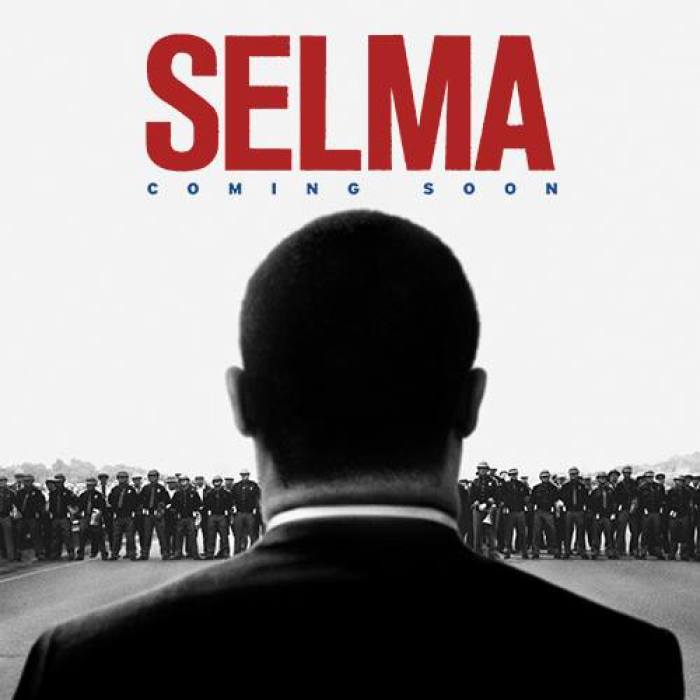Selma Is an Education on Today's Race Relations: Film Review

The new film "Selma" from Indie film director Ava DuVernay is shining a spotlight on both Martin Luther King Jr.'s fight for civil rights and the racial unrest that exists in the U.S. today.
The must-see film of the year, "Selma" opens with a scene between King and his wife, Coretta (David Oyelowo and Carmen Ejogo, respectively), in Norway where he's being honored with a Nobel Peace Prize. Oyelowo (pronounced oh-yellow-oh) is hypnotic with silent expressions that pack more meaning than any dialogue could ever provide. After carefully studying King's voice, stature and expressions, Oyelowo commands the role of the iconic civil rights leader.
Within the first five minutes of the film, Oyelowo's take on King's acceptance speech sends lightning bolts through the theater, almost bringing the audience to their feet in applause as if they are present at the ceremony.
Once he returns to the U.S., King and his team assess that Selma, Alabama, is the perfect setting for peaceful protests in the form of a march to Montgomery, especially after a white man physically assaults King in the courthouse. President Lyndon B. Johnson, portrayed by a grumbling Tom Wilkinson, is loath to move on King's cause, protesting about a full plate.
Nevertheless, King moves forward with the march until the entire nation focuses attention on the injustice behind the black vote.
After the frustrated rage and fear, a welcome comedic relief arrives when the Rev. Hosea Williams (portrayed by Wendell Pierce) belts out Harry Belafonte's "Day-O." The dangerous and terrifying campaign pays off at last when Johnson signs the Voting Rights Act of 1965 toward the end of the film.
One may be expecting to see the "I Have A Dream" speech, which, in its own right is outstanding, but "Selma" offers so much more about King's struggle, process and source of strength. On the forefront of this revealing depiction of the civil rights movement is the sacrifice made by King and his wife.
DuVernay portrays the iconic leader as a real person with real problems and faults. A figure who's often attacked for his extramarital affairs, the issue is tactfully addressed in the film. Furthermore, Coretta's own role in the civil rights movement receives long overdue recognition in "Selma."
The film also highlights King's reliance on God, from Whom the call to action came. Every death of both blacks and whites in the battle for civil rights weighs heavily on King, and while viewers are not in the pastor's head, they get a clear picture of just a fraction of his indomitable spirit and solid vision of equality for all people.
DuVernay's film takes the audience on a ride of emotions, and the unflinching look at the daunting task of assuming the right to vote leaves moviegoers with an enriched scope of the world today. Although the film is a historical depiction, it offers a contemporary look at today's racial tension, especially in Ferguson, Missouri.
"Selma" also stars Oprah Winfrey, Cuba Gooding Jr., Common and Martin Sheen. It has already been met with critical acclaim. It has earned DuVernay a Golden Globe nomination for best director — the first-ever for a black woman, and nominations for best picture and best actor.
The film opened in limited theaters on Christmas Day but opens nationwide on Jan. 9, 2015. Watch the trailer below.





























